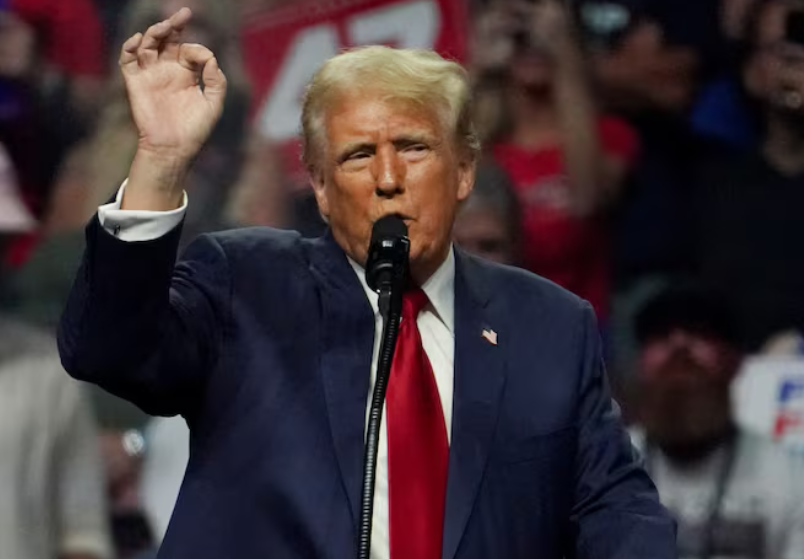Republicans are suing in three crucial battleground states to stop what they call illegal overseas voting, while their presidential candidate, Donald Trump, courts Americans living abroad in his race against Democratic Vice President Kamala Harris. These lawsuits mark a significant legal push from Republicans nationwide, who claim they aim to restore faith in elections by preventing illegal votes. However, Democrats and legal experts argue that these efforts seek to sow doubt about the legitimacy of the electoral process.
On Tuesday and Oct. 2, the Republican National Committee filed lawsuits in state courts in Michigan and North Carolina, respectively. The RNC contends that state election laws improperly allow U.S. citizens living abroad—who have never lived in those states but whose relatives have—to vote there. RNC Chairman Michael Whatley stated, “North Carolinians and Michiganders should not have their votes canceled by those who’ve never lived in the state.”
In a separate federal case filed on Sept. 30 in Harrisburg, Pennsylvania, a group of Republican Congress members claimed that the state improperly exempted overseas voters from verification requirements. These lawsuits arrived about a month before the Nov. 5 election, and judges have yet to issue rulings; thus, the states’ existing overseas voting procedures remain in effect. In a motion to intervene in the Pennsylvania case, the Democratic National Committee accused Republicans of attempting to “set aside tens of thousands of ballots cast by lawfully registered military and overseas voters.”
The office of Pennsylvania’s Republican secretary of state called the lawsuit “an attempt to confuse and frighten people ahead of an important election” and emphasized that individuals could face felony charges for submitting false statements when registering to vote. A hearing is scheduled for next Friday.
Patrick Gannon, a spokesperson for North Carolina’s state board of elections, noted that the law had been in place for over 13 years. He highlighted that the U.S. citizens targeted by Republicans would otherwise have no way to vote. He added that early voting had already begun in the state. “The time to challenge the rules for voter eligibility is well before an election, not after votes have already been cast,” Gannon remarked on Friday.
In 2020, about 2.9 million U.S. citizens living abroad became eligible to vote, though fewer than 8% participated, according to the Federal Voting Assistance Program, which assists military members and other U.S. citizens overseas with election logistics. Trump has actively courted U.S. voters living abroad, recently pledging to lower their taxes by ending what he termed “double taxation.” His campaign has not provided further details on this proposed policy.
A Reuters/Ipsos poll published on Oct. 8 shows Harris leading Trump marginally, 46% to 43% nationwide. However, the state-by-state results of the Electoral College ultimately determine the winner, with seven battleground states likely proving decisive. Trump carried Michigan and Pennsylvania in 2016, but Democratic President Joe Biden won both states in 2020. Trump won North Carolina in both years, though former Democratic President Barack Obama carried the state in 2008, making it a battleground state this election cycle.

